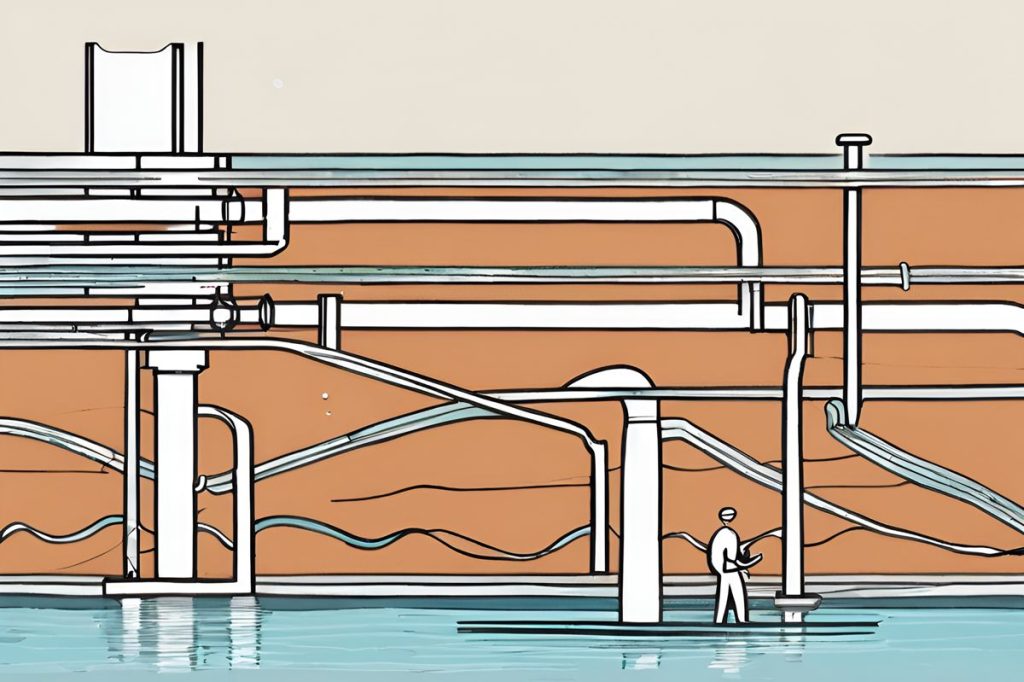Cyprus is addressing water scarcity by implementing a strategic three-year plan that includes targeted water cuts for agriculture and maximizing output from desalination plants. With water levels at a decade low, the government is prioritizing essential water usage and balancing conservation efforts for long-term sustainability.
How is Cyprus managing its water scarcity for agriculture?
Cyprus is tackling water scarcity by creating a strategic three-year plan focused on water cuts for irrigation and ensuring domestic supply. The plan involves:
- Implementing targeted water cuts for agriculture.
- Prioritizing essential water usage.
- Maximizing the output of five desalination plants.
- Balancing conservation with long-term sustainability efforts.
The Challenge of Water Levels
Cyprus is experiencing one of its most challenging periods for water reserves with the third-lowest levels recorded in a decade. According to Yiannia Economidou, the chief engineer at the water development department, a strategic three-year plan is being formulated to address the nation’s irrigation needs. This plan is a proactive step in response to the current water scarcity, which has been compounded by low rainfall and a prolonged dry season. The water capacity currently stands at an alarmingly low 45.7 percent, as opposed to the 67.2 percent in the previous year.
Irrigation and Domestic Supply
The water development department’s plan includes the implementation of water cuts specifically targeted at irrigation, while ensuring that there is no disruption to the domestic water supply for the general population. The focus is on maintaining a balance where the limited water resources are prioritized for essential usage. To supplement water sources, the government is looking to maximize the potential of the country’s five desalination plants. These plants are a critical component in mitigating the effects of drought and decreasing natural water reserves.
Governmental Measures and Desalination
With the backing of the Cabinet, the water cuts aim to be a measured approach to manage the scarce resource. The country’s reliance on desalination has grown as natural water reserves have decreased. Desalination plants play a key role in providing an alternative source of water. Though desalination is an energy-intensive process, advancements in technology have made it a more viable option in recent years. By converting seawater to fresh water, these plants are pivotal in addressing water scarcity for both domestic and agricultural needs.
Looking Ahead
While the difficulties posed by limited water reserves are significant, the measures put in place seek to mitigate the immediate concerns and lay a foundation for long-term sustainability. The government’s water conservation and management strategy is essential for the future of Cyprus’s agriculture and the well-being of its citizens. As the global climate continues to change, the development of such adaptive strategies will become increasingly important for countries facing similar challenges.
How is Cyprus managing its water scarcity for agriculture?
Cyprus is tackling water scarcity by creating a strategic three-year plan focused on water cuts for irrigation and ensuring domestic supply. The plan involves implementing targeted water cuts for agriculture, prioritizing essential water usage, maximizing the output of desalination plants, and balancing conservation with long-term sustainability efforts.
What is the current challenge with water levels in Cyprus?
Cyprus is facing one of its most challenging periods for water reserves, with levels at the third lowest recorded in a decade. Low rainfall and a prolonged dry season have contributed to this issue, leading to a water capacity of only 45.7 percent compared to 67.2 percent the previous year.
How is the government addressing irrigation and domestic water supply in Cyprus?
The government’s plan includes implementing targeted water cuts for irrigation while ensuring no disruption to the domestic water supply for the general population. The focus is on prioritizing essential water usage and maximizing output from the country’s five desalination plants to supplement water sources.
What role do desalination plants play in managing water scarcity in Cyprus?
Desalination plants have become critical in addressing water scarcity in Cyprus as natural water reserves decrease. While the process is energy-intensive, advancements in technology have made it a more viable option. By converting seawater to fresh water, desalination plants provide an alternative source of water for both domestic and agricultural needs in times of scarcity.

